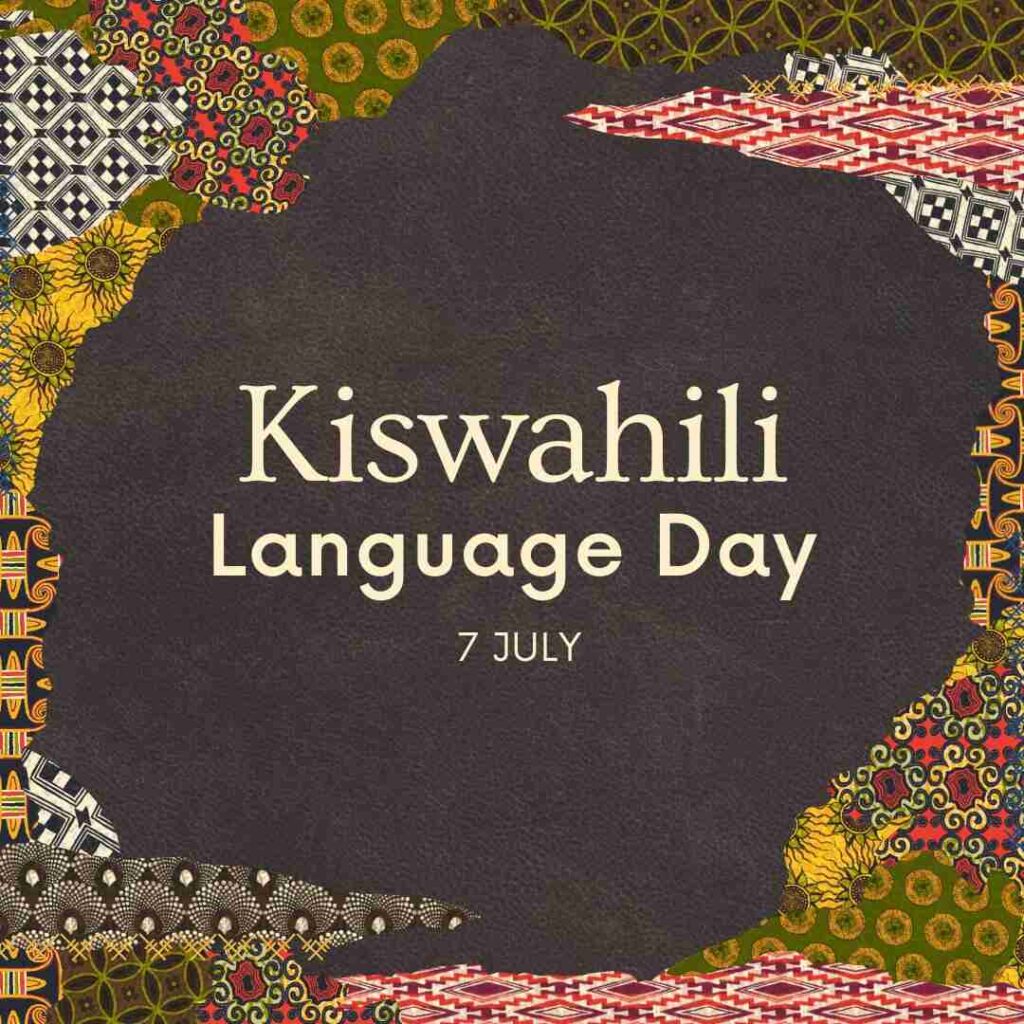According to the Permanent Mission of Kenya to the UN, the African Group at the UN welcomed the proposal to present a resolution at the United Nations General Assembly (NGA) on Friday, May 17.
“Kiswahili is the only indigenous official language of the African Union. A UN resolution proclaiming a ‘World Kiswahili Language Day’ would be a milestone on the ultimate goal of UN official language status,” stated Ambassador Mike Kiboino, Deputy Permanent Representative of Kenya to the United Nations.
The proposal was jointly presented by Hassan Kattanga of Tanzania and Ambassador Kiboino. The initiative points to the growing importance of Kiswahili as a unifying language across the African continent.
These developments follow President Yoweri Museveni’s recent statements praising Kiswahili as a valuable asset for the East African region. During a State Visit to Nairobi on Thursday, May 16, the Ugandan President stressed the economic potential of the shared language.
Speaking at State House Nairobi after a meeting with his Kenyan counterpart, William Ruto, President Museveni highlighted the unique linguistic advantage East Africa holds over regions like the European Union.
“We have one dialect that is not contested. With Kisii, Giriama… you may have some issues with that. But we have one that is not; Swahili. We are not like the European Union, who don’t have language,” Museveni said.
Museveni described Kiswahili as “infrastructure created by God,” advocating for its use to unify East African member states both economically and politically.
“Here, Swahili is not contested. It can be used in the whole of East Africa, eastern Congo, northern Mozambique, and northern Zambia. It is a gold coin we have in our hands,” Museveni added.
In the 1950s, the United Nations established the Kiswahili language unit within United Nations Radio. Today, Kiswahili remains the only African language in the Directorate of Global Communications at the United Nations.
The United Nations General Assembly, through its resolution on September 11, 2017, on multilingualism, welcomed the implementation of a day dedicated to each of its official languages. This initiative aims to raise awareness of their history, culture, and use and encourages the Secretary-General and institutions like UNESCO to consider extending this important recognition to other non-official languages.
In this regard, the 41st session of the General Conference of UNESCO adopted a resolution recognising the role of Kiswahili in promoting cultural diversity, fostering dialogue among civilizations, and promoting multilingualism as a core United Nations value.
The resolution proclaimed 7 July, each year as World Kiswahili Language Day, marking Kiswahili as the first African language to be recognised in such a manner by the UN.
The move has been met with enthusiasm across the continent, reflecting a broader push for the acknowledgment and preservation of indigenous languages.


